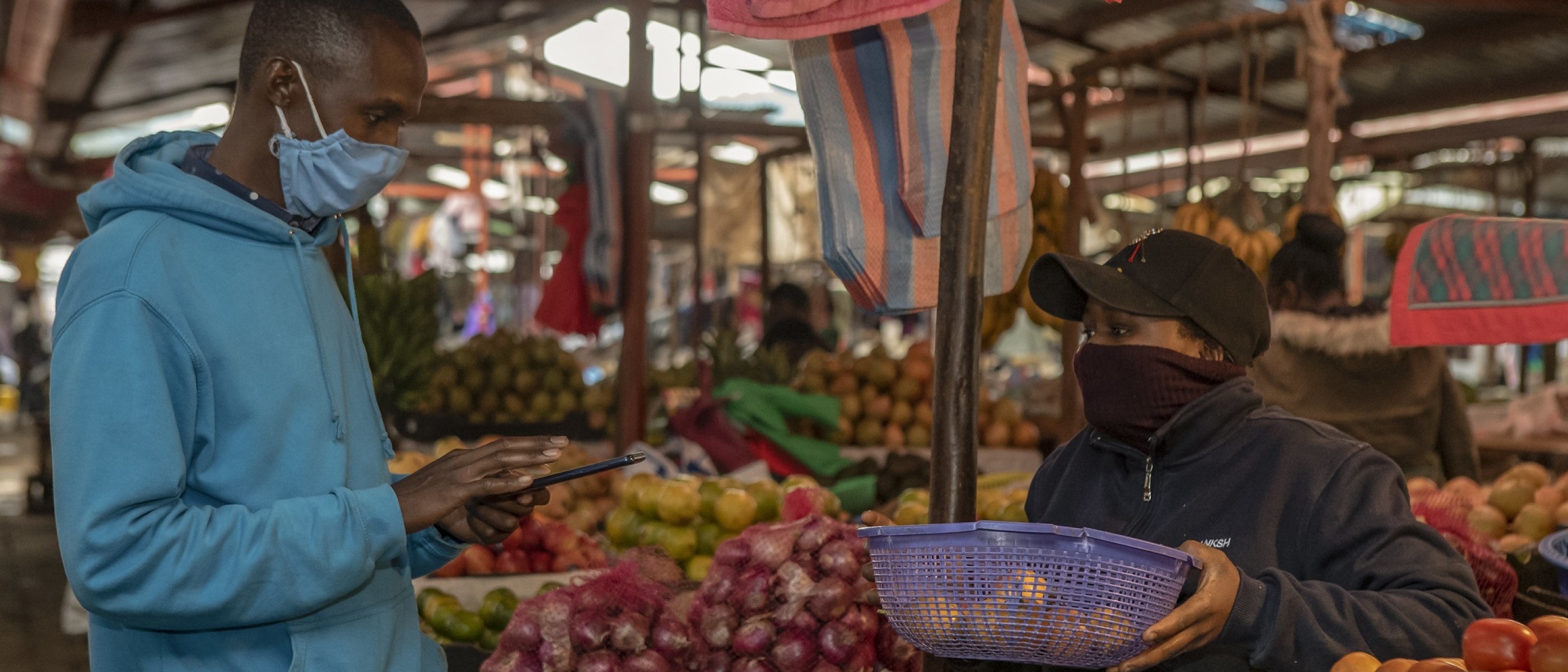Commentary by Rose Ngugi, KIPPRA Executive Director and Co-Chair of Task Force 8
Originally published on ISPI’s website.
Overtime, world economies have organized themselves into groupings that define the structures of global multilateralism. Groupings such as the G7 and G20 represent advanced and upper middle-income countries, while the G24 represents lower middle-income countries, except for one low-income country. There are also established memberships to technical multilateral institutions such as the International Monetary Fund (IMF) and the World Bank who are quota-based. Multilateralism has taken shape at the regional level: for example, the African Union was established as the foremost multilateral institution in the African continent[1]. The G20, which includes members of the G7, has increasingly worked with the IMF and World Bank on issues related to global economic growth and international monetary and financial stability since the global financial crisis. The status of low-income countries, especially in crisis periods, forms the agenda of the G20, but there is hardly any representation from low-income countries. Africa is home to over 80 percent of all low-income countries and 44 percent of lower middle-income countries, which are more exposed to the effects of the COVID-19 pandemic compared to higher income countries. In reforming multilateralism, it is necessary to consider the representation of low-income countries in the multilateral system as this has implications in better understanding their circumstances. This includes having membership to the African Union in the G20 and G24 groupings for a strong link to regional multilateralism as well as having a consolidated voice for the majority of low-income countries.
With the devastating effects of COVID-19, the G20 support for suspension of debt service payments for the poorest countries requesting for forbearance is a step in the right direction[2]. This is expected to give low-income economies the fiscal space necessary to effectively respond to the pandemic’s challenges and safeguard the lives and livelihoods of millions of vulnerable groups. All the official bilateral creditors, who are members of the Paris Club as well as the G20, are expected to participate in the Debt Service Suspension Initiative (DSSI), and the private creditors are encouraged to participate as well[3]. Since May 2020, when DSSI became effective, most (about 70 percent) of the countries that have made requests are from the African region[4]. Some countries with potential for DSSI are yet to make requests because they do not have a significant share of official bilateral debt service bill, their private creditors are yet to respond, or the sovereign bondholders are complicating the risk of possible downgrading by credit rating agencies. On average, the debt service bill attributable to official creditors is at about 15 percent, which reflects the underlying structure of debt for low-income countries[5]. Any delays in concluding agreements with private creditors may mean low-income countries will not get the immediate boost anticipated under DSSI. The G20, alongside multilateral development banks, need to review the framework for financing development in low-income countries to adequately provide them with concessional funding.
Almost all the countries who requested the DSSI also requested emergency financing from the IMF through Rapid Credit Facility (RCF) and Rapid Financing Instrument (RFI). Out of the total support provided through the RCF/RFI, African countries received about 24 percent of the total disbursements, despite representing almost double (46.5 percent) of the total participating countries. Should the private creditors not participate as expected, it is critical to review the disbursements under the emergency financing to put the low-income countries at a similar position they would be in if all the creditors participate in the DSSI. Further, with the pandemic still unfolding, it is not clear when these countries will get back on their feet with GDP growth, exports, and government revenues to relief the debt distress. Therefore, exploring support for low-income countries beyond the DSSI has become critical for their quick recovery.
There is a clear indication of a possible Special Drawing Rights (SDR) allocation by the IMF to directly boost liquidity of its membership as they address the effects of the pandemic without adding to debt burden. SDR allocations are usually based on the proportion of the IMF quota share: the higher the share the higher the expected allocation. Low-income countries’ quota share is about 1.31 percent, while the lower middle-income countries’ is 8.28 percent, and the advanced economies’ stands at 59.19 percent. The quota share for the whole of Africa is just 5.12 percent. While transparency is necessary in the SDR allocation, a distribution criterion that serves the needs of low-income countries without exposing them to additional debt burden would be the most preferred outcome.
The G20, which represents advanced economies, is the multilateral platform where these deliberations should take place, but only an adequate representation of low-income countries will make it a truly legitimate forum.
NOTES:
[1] Alex de Waal, The emerging global order, multilateralism and Africa. World Peace Foundation, October 2017 [2] Communique of the Forty First meeting on the IMFC, April 16, 2020; G20 Riyadh Summit, November 21-22, 2020; G20 Finance Ministers and Central Bank Governors Meeting, 15th April 2020. [3] IMF, Implementation and extension of the debt service suspension initiative, September 28, 2020 [4] Kevin Watkins, Delivering debt relief for the poorest, Finance and Development, Fall 2020 [5] Communique of the Forty Second meeting on the IMFC, October 15, 2020
Image credits (CC BY-NC-ND 2.0): World Bank
